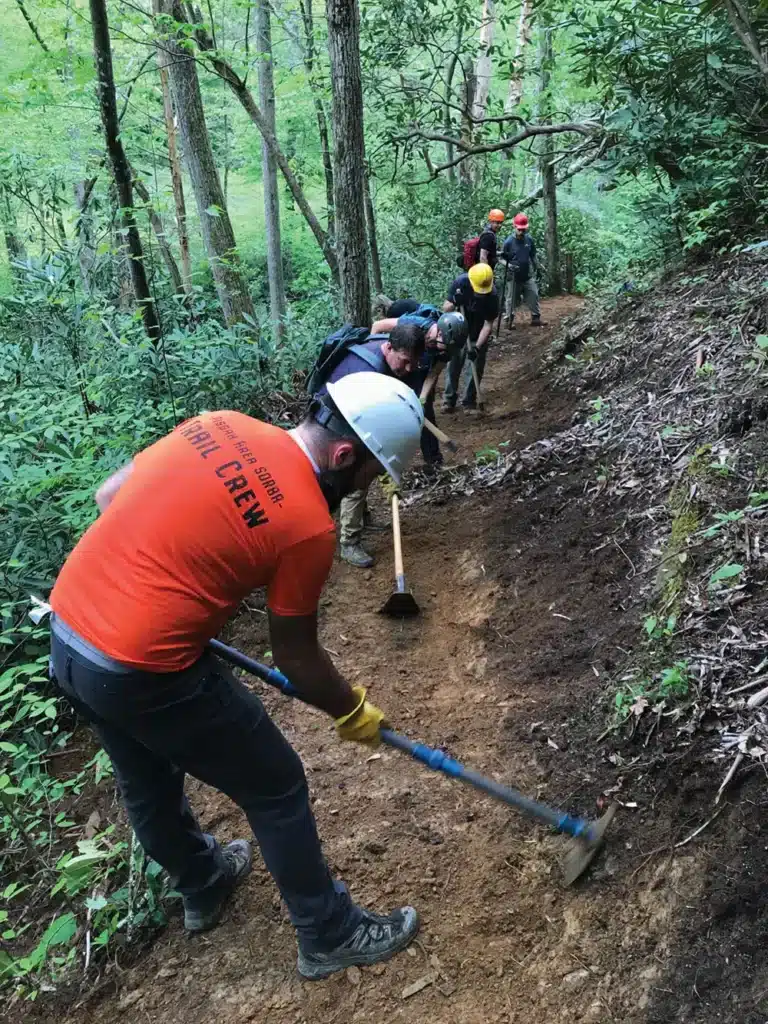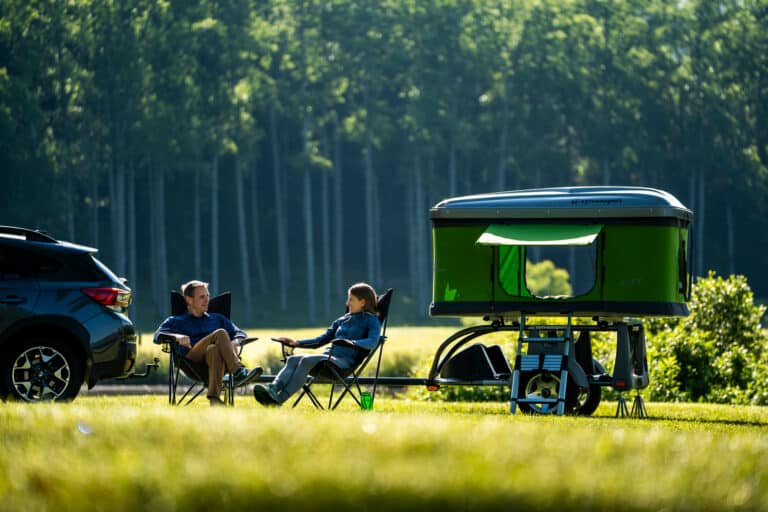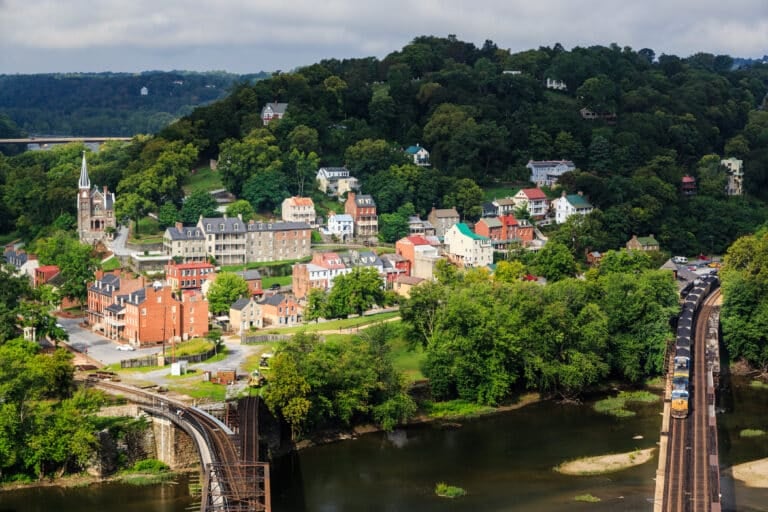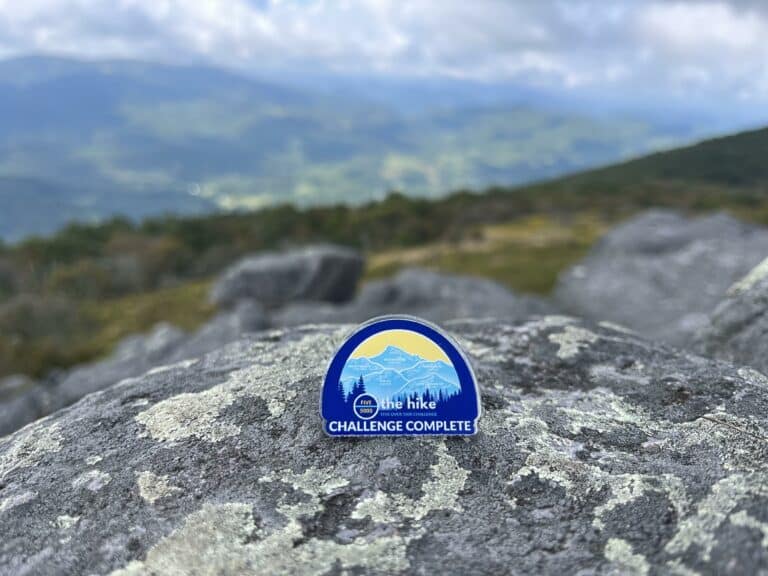The Catawba-Wateree River in North Carolina and South Carolina was named the most endangered river of 2008 in a report released yesterday by American Rivers.
The report cites explosive population growth in the Carolina piedmont and poor water management as the primary reasons for Catwaba-Wateree’s most endangered status.
The 300-mile river provides drinking water for 1.3 million people in Charlotte and provides electricity for at least one million people there. The Catawba-Wateree is also at the center of water wars between North and South Carolina over the right for Charlotte suburbs to pump even more water out of the river. The conflict has reached the Supreme Court.
On top of this pressure, the Carolinas have been experiencing one of the most severe droughts in recorded history, and despite spring rains, drier than average conditions are expected to continue,” the report says. “The Catawba-Wateree river basin is ground zero in the collision between limited water supply and unchecked development in the Carolinas.”
The current drought, combined with water supply mismanagement and over-allocation, has dewatered thousands of acres of aquatic habitat, left muddy shorelines devoid of vegetation, and eliminated boating access in many rivers throughout the Southeast. Without adequate river flows, utility companies, mills, and manufacturing facilities that depend on the river will founder, the region’s robust recreation industry will crumble, quality of life will diminish, and plants and wildlife will suffer long term harm.
American Rivers recommends statewide water supply and water efficiency policies be implemented for the Catawba-Wateree. Specifically, legislation must be enacted that: 1) tracks the amount of surface water each user withdraws and establishes enforceable guidelines regarding maximum withdrawals that guarantee enough clean water remains in rivers and lakes to fully support all users including anglers, boaters and wildlife; 2) emphasizes year-round water efficiency; and 3) requires industrial and municipal users to utilize proven water efficiency technologies and direct funding towards infrastructure upgrades including leak detection and better maintenance and distribution of water-saving appliances to users at a reduced cost.
Such policies will enable communities to live within realistic “water budgets” and maintain healthy water resources, eliminating the need for future interbasin water transfers from the Catawba-Wateree River and others.
More info: americanrivers.org







